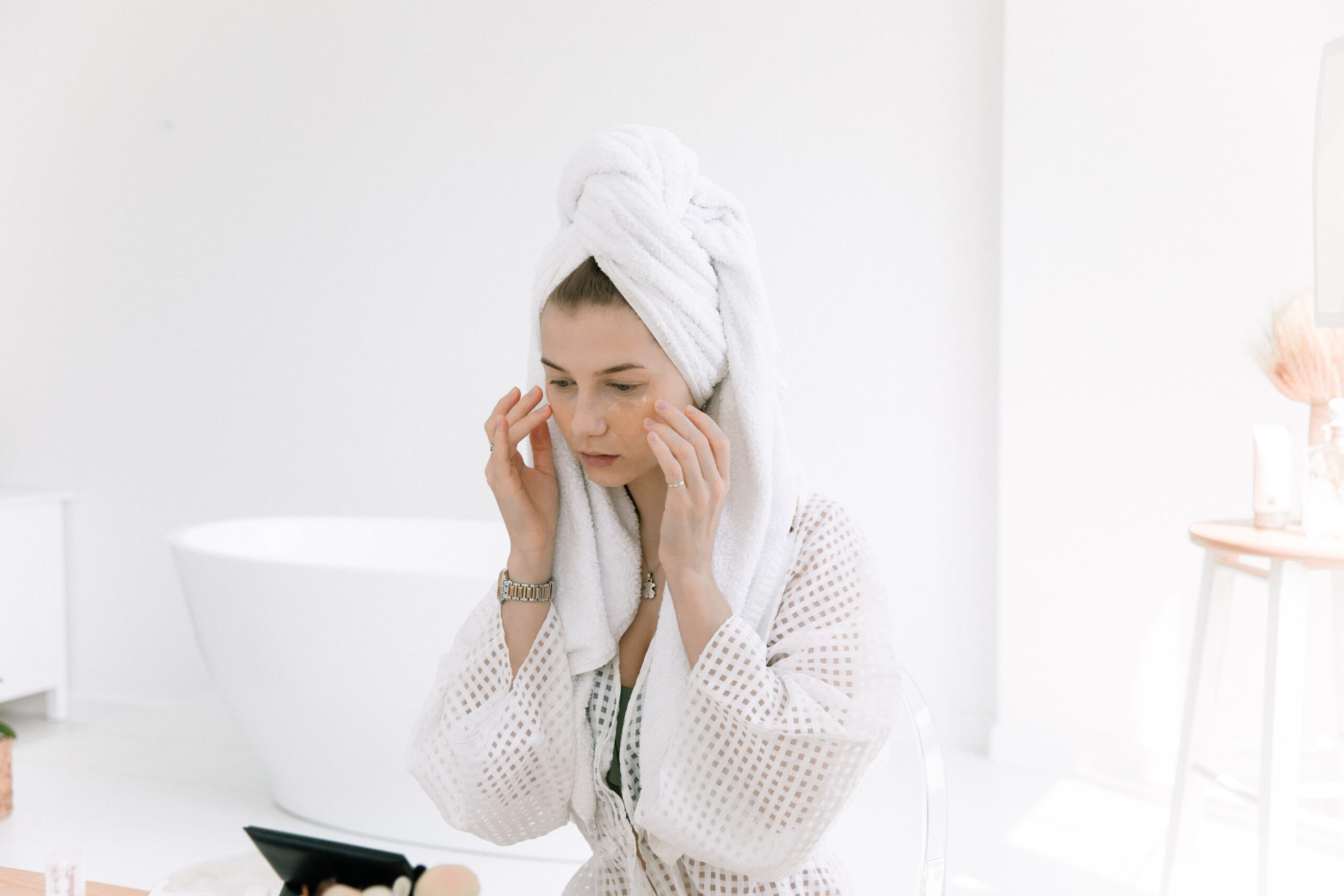
Skincare and Makeup Tips for Acne-Prone Skin
It’s the height of summer, and the harsh temperatures are playing havoc with our skin, especially those who are prone to acne, which is a lot of us. Acne is the most common skin condition in the U.S., affecting up to 50 million Americans.
Our board-certified dermatologists in Jupiter know that virtually every case of acne can be treated successfully. But with the right skincare regimen and care when selecting and applying makeup, you may not need our help to control it or correct the damage that can result from it. We share our top skincare and makeup tips for acne-prone skin.
Start with prevention
According to the American Academy of Dermatology (AAD), acne can be a difficult condition to treat. If over-the-counter treatments aren’t working, your skin care routine may be to blame.
Here are nine skin-care tips the AAD reports may help acne.
- Wash twice a day and after sweating. Perspiration, especially when wearing a hat, helmet, or mask, can make acne worse, so wash you skin as soon as possible after sweating.
- Use your fingertips to apply a gentle, non-abrasive cleanser. Using a washcloth, mesh sponge, or anything else can irritate the skin.
- Be gentle with your skin. Use gentle products, such as those that are alcohol-free. Do not use products that irritate your skin. Such products may include astringents, toners, and exfoliants. Dry, red skin makes acne appear worse.
- Scrubbing your skin can make acne worse, so avoid the temptation.
- Rinse with lukewarm water.
- Shampoo regularly. If you have oily hair, shampoo daily.
- Let your skin heal naturally. If you pick, pop, or squeeze blemishes, your skin will take longer to clear and you increase the risk of getting acne scars.
- Keep your hands off your face. Touching your skin throughout the day can cause flare-ups.
- Stay out of the sun and away from tanning beds. Tanning damages your skin. In addition, some acne medication make the skin very sensitive to ultraviolet (UV) light, which you get from both the sun and indoor tanning devices.
Also, if you’re prone to “maskne” or acne triggered by wearing a facemask, it could be the type of mask you’re using or the cleaning products you use to disinfect it. If you’re using a cloth mask, therefore, try switching to a disposable type. If you’re using a disposable one, try a cloth mask for a while. Or change the type of detergent you’re using, and be sure to rinse it thoroughly after washing.
Use makeup correctly
During breakouts, you can use makeup to minimize their appearance. The problem is, many people make understandable but unfortunate mistakes when applying their makeup.
So the AAD recommends that, with so many products available on the market, you may need to experiment with different ones to identify the products that work best with your skin type.
Always look for products that say “non-comedogenic,” “oil-free,” or “won’t clog pores,” as these will be less likely to cause breakouts. Also try products containing salicylic acid, which can help prevent or reduce acne. But keep in mind that salicylic acid can by drying, especially if you are already using another type of acne medication.
Preparation is important, so start with a clean face. Wash your hands, then use your fingertips to gently apply a mild cleanser, and rinse with lukewarm water. Follow this with any acne medication you may be using, then a gentle moisturizer that contains sunscreen.
Make sure the sunscreen says “broad spectrum” with an SPF of 30 or higher. Remember, AAD cautions, that dry and sun-damaged skin is irritated skin, and irritated skin puts you at risk of more acne. We prefer a physical sunscreen containing zinc oxide and/or titanium dioxide.
Finally, the number one mistake people with acne make when using makeup is to apply it too thickly. Try to use a light tinted sunscreen instead of makeup. The new Elta MD Glow even has niacinamide which helps with redness and acne.
If these tips don’t help, talk to us, especially if your acne makes you shy or embarrassed, the products you’ve tried haven’t worked, or your acne is leaving scars or darkened areas on your skin.
We can help to treat your existing acne, prevent new breakouts, and reduce your chance of developing scars.

